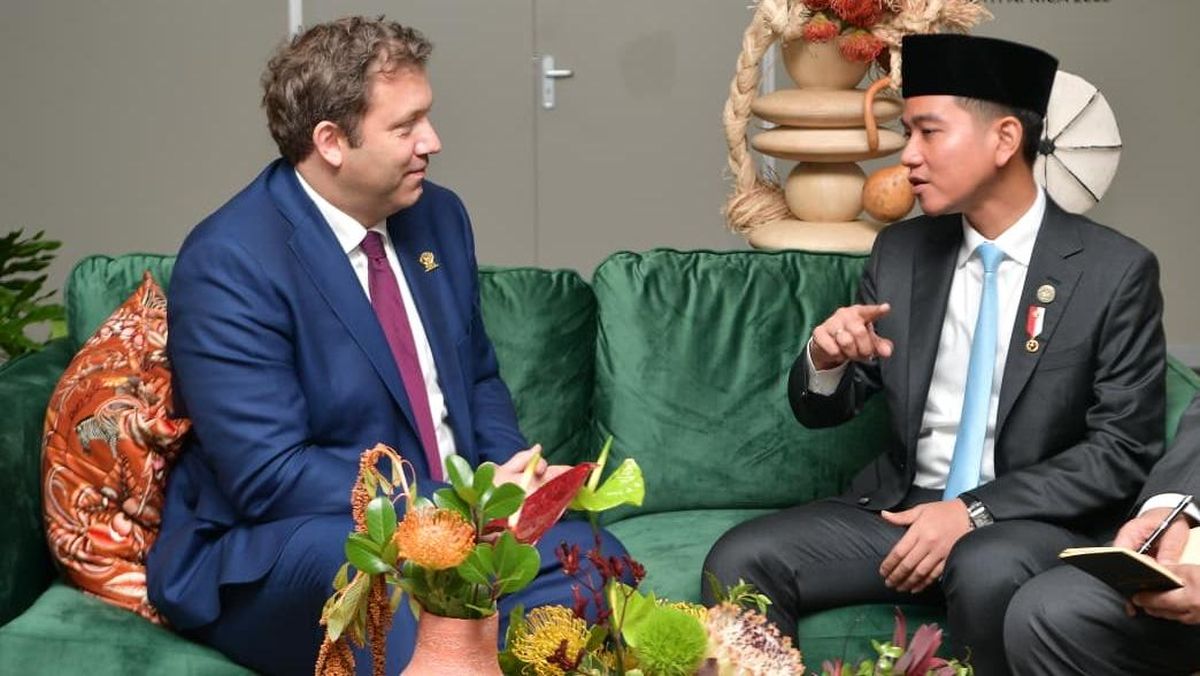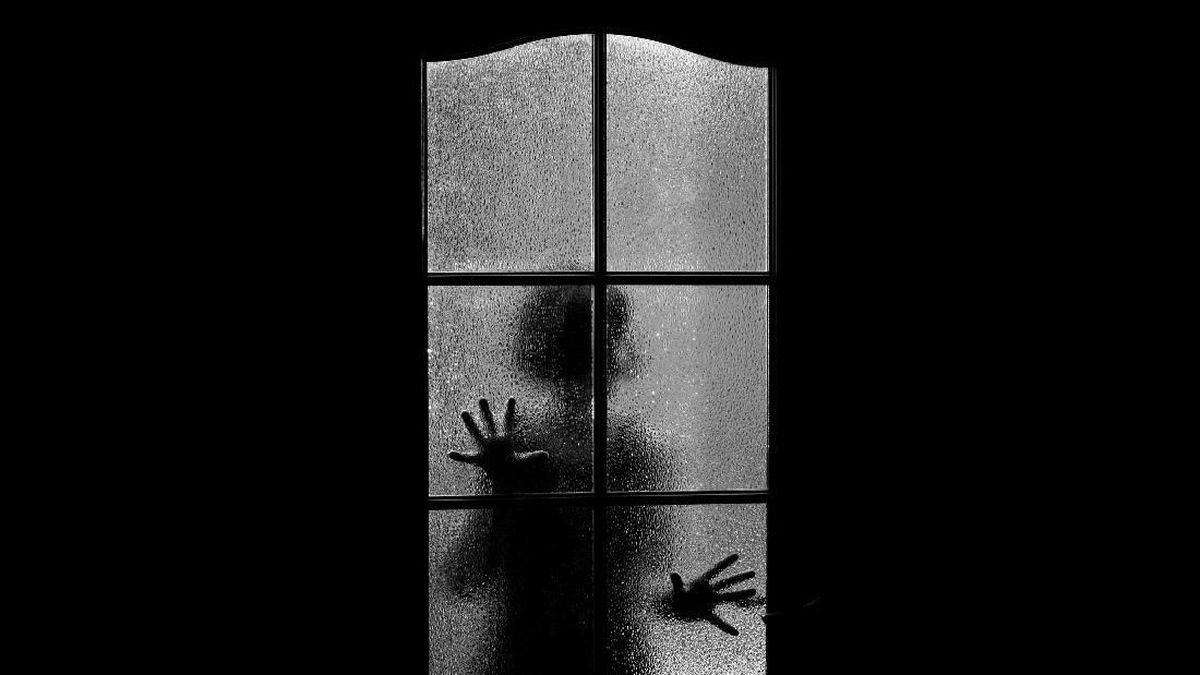Harry Farley
Political correspondent
Nurses will overwhelmingly reject their pay award in England this week, raising the possibility of strikes later in the year, the BBC understands.
The Royal College of Nursing (RCN) has been holding a consultative vote on their 3.6% pay rise, previously describing it as "grotesque" to award nurses a lower increase than doctors, teachers, prison officers and the armed forces.
Any decision on formal strike action would not be made until later in the year.
The government accepted in May the pay review body's recommendations of a 3.6% rise for nurses this year.
The union will announce the results of its indicative vote later this week but the BBC understands it will show an "overwhelming" rejection of the deal.
The turnout is expected to be well over the 50% threshold needed for industrial action.
The union will demand ministers negotiate over the summer to avoid a formal ballot for strike action in the autumn.
The RCN is understood to be open to talks on wider pay structures, not just headline pay.
A union spokesman said: "The results will be announced to our members later this week. As the largest part of the NHS workforce, nursing staff do not feel valued and the government must urgently begin to turn that around."
On Friday the GMB union representing thousands of health workers, including ambulance crews, rejected the government's pay deal in an initial consultative vote.
The GMB said its members voted by 67% against the 3.6% pay award offered for 2025/26 in England.
The union has written to Health Secretary Wes Streeting calling for an urgent meeting to discuss pay and other issues.
GMB national secretary Rachel Harrison said: "Our national NHS and ambulance committees met on 24 July to discuss the ballot results and determine what the next steps should be.
"Today, we have written to Secretary of State Wes Streeting, asking him to meet with us to discuss pay and other issues of significant importance to GMB members.
"We await his reply with interest."
Thousands of resident doctors in England, previously known as junior doctors, began a five-day strike on Friday after the government and the British Medical Association failed to reach an agreement over pay.
The health secretary said while it was not possible to eliminate disruption to the NHS, it was being kept to a minimum.

 3 months ago
31
3 months ago
31
















































